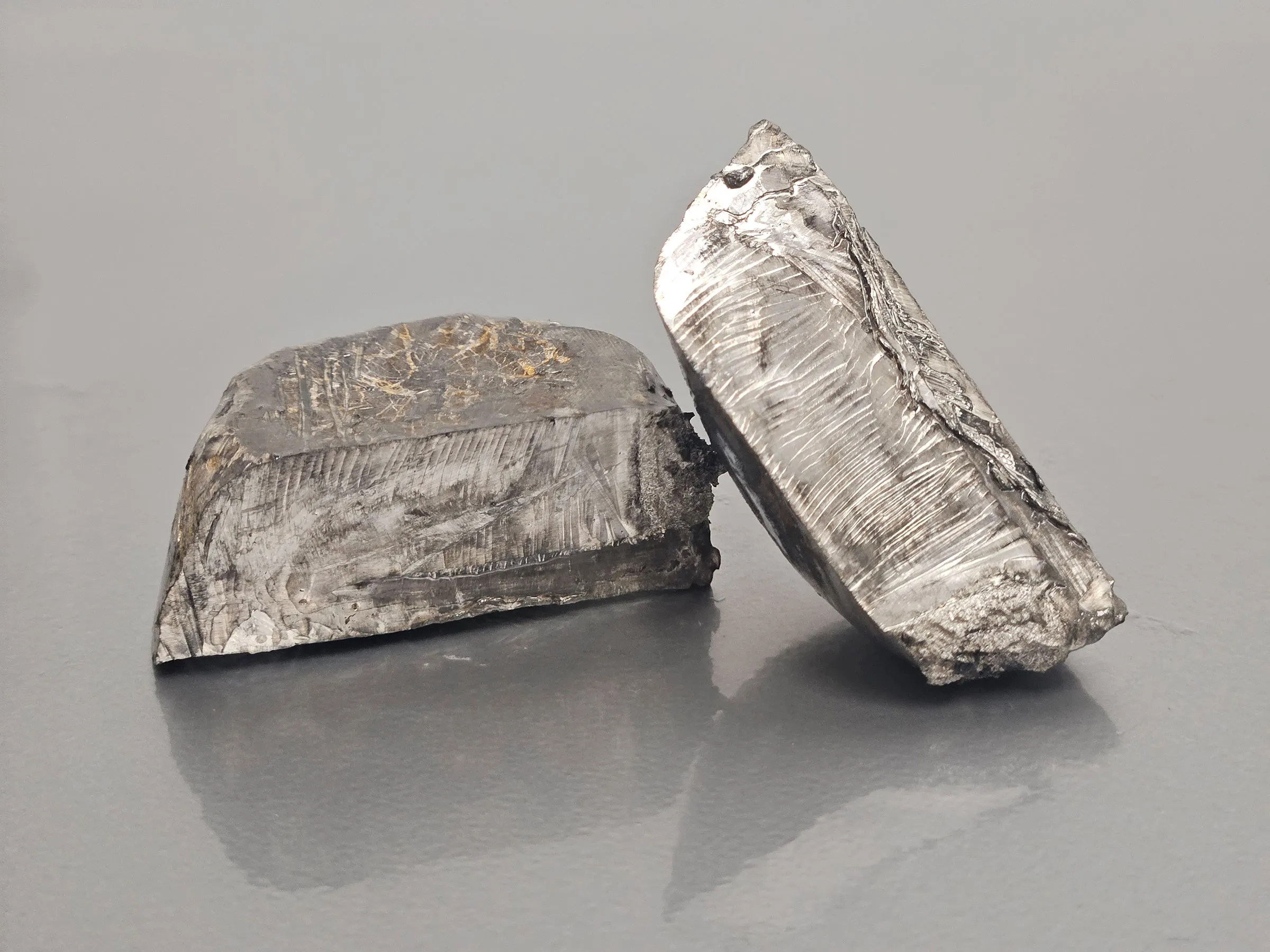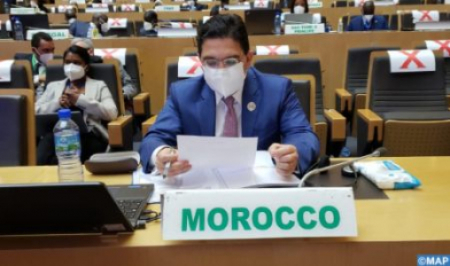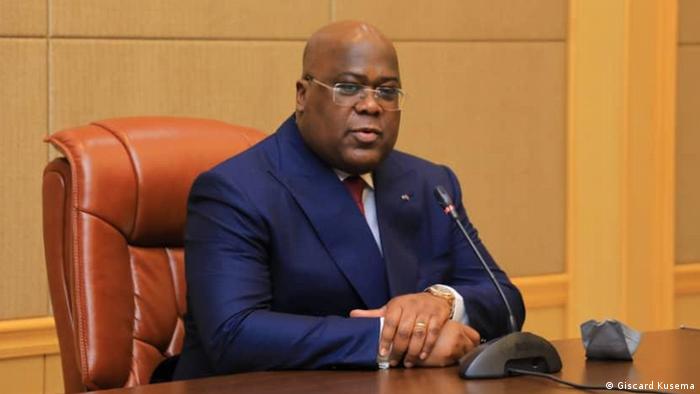African governments need to develop robust strategies for the critical minerals sector amid global rush for the continent’s lithium and other strategically important rare metals, a recent research has found.
Demand for lithium, for example, tripled from 2017 to 2022, while the critical minerals market doubled in five years, reaching US$320 billion in 2022, according to the 2023 Critical Minerals Market Review by the International Energy Agency (IEA). As the demand for these rare metals is projected to more than double by 2030 and quadruple by 2050, also annual revenues by global mining companies are expected to reach US$400 billion. A recent research by experts from Murdoch University, University of Mines and Technology, Edge Hill University, and The University of Queensland, which has analyzed lithium projects in Namibia, Zimbabwe, the Democratic Republic of Congo (DRC) and Ghana, has discovered that these countries do not yet have robust strategies for the critical minerals sector.
In a new article in The Conversation, the experts recommend that the African Union should expedite the development of an African critical minerals strategy that will guide member countries in negotiating mining contracts and agreements. The strategy should draw from leading mining practices around the world. They also urge African governments to revise their mining policies and regulations to reflect the opportunities and challenges posed by the increasing global demand for critical minerals. In other words, if the mineral-rich African countries do not want to be simply sucked into the global rush for critical minerals and instead want to benefit from the current boom in demand, they need stronger resources governance — regulations, accountability and transparency.



